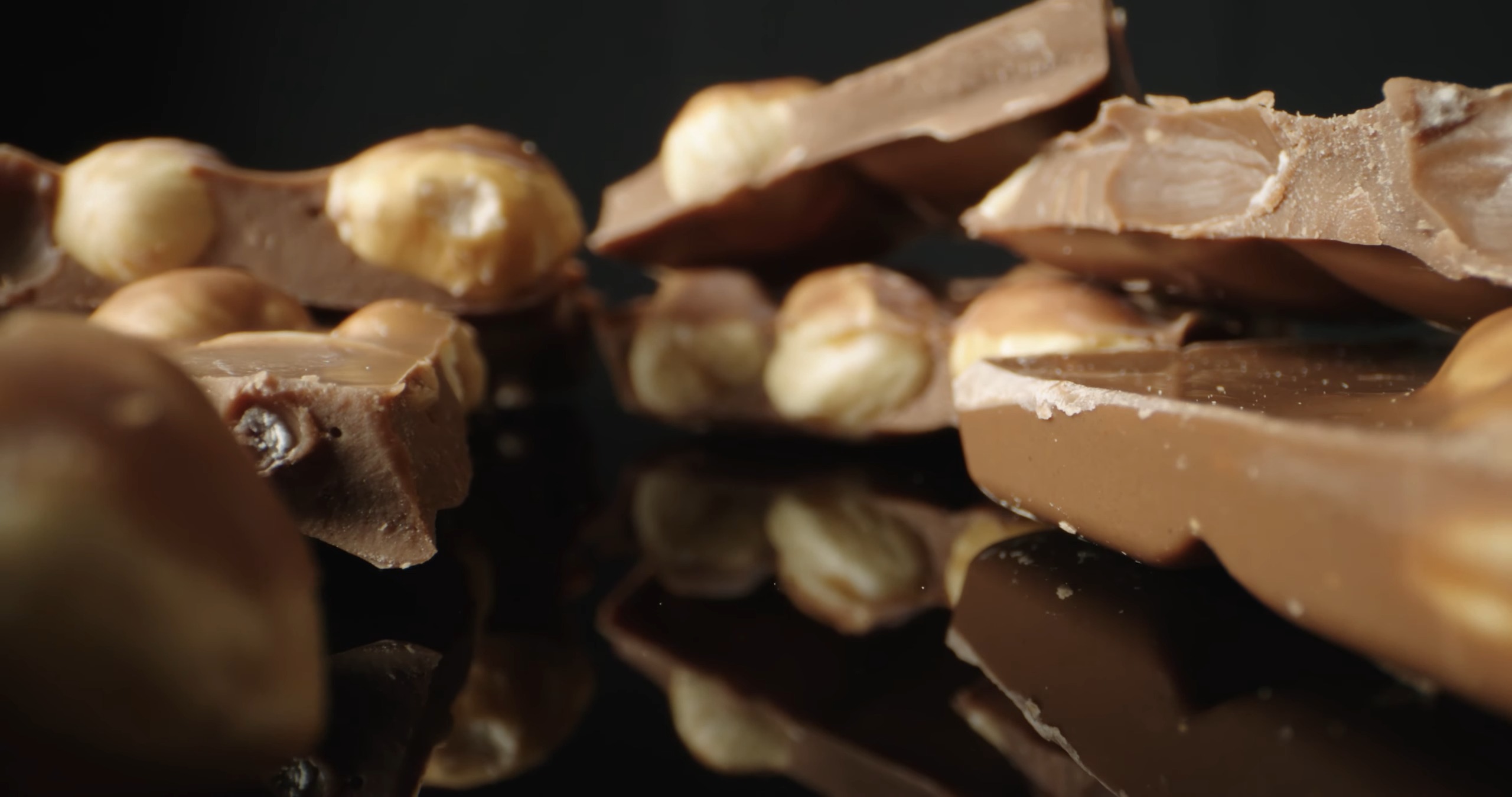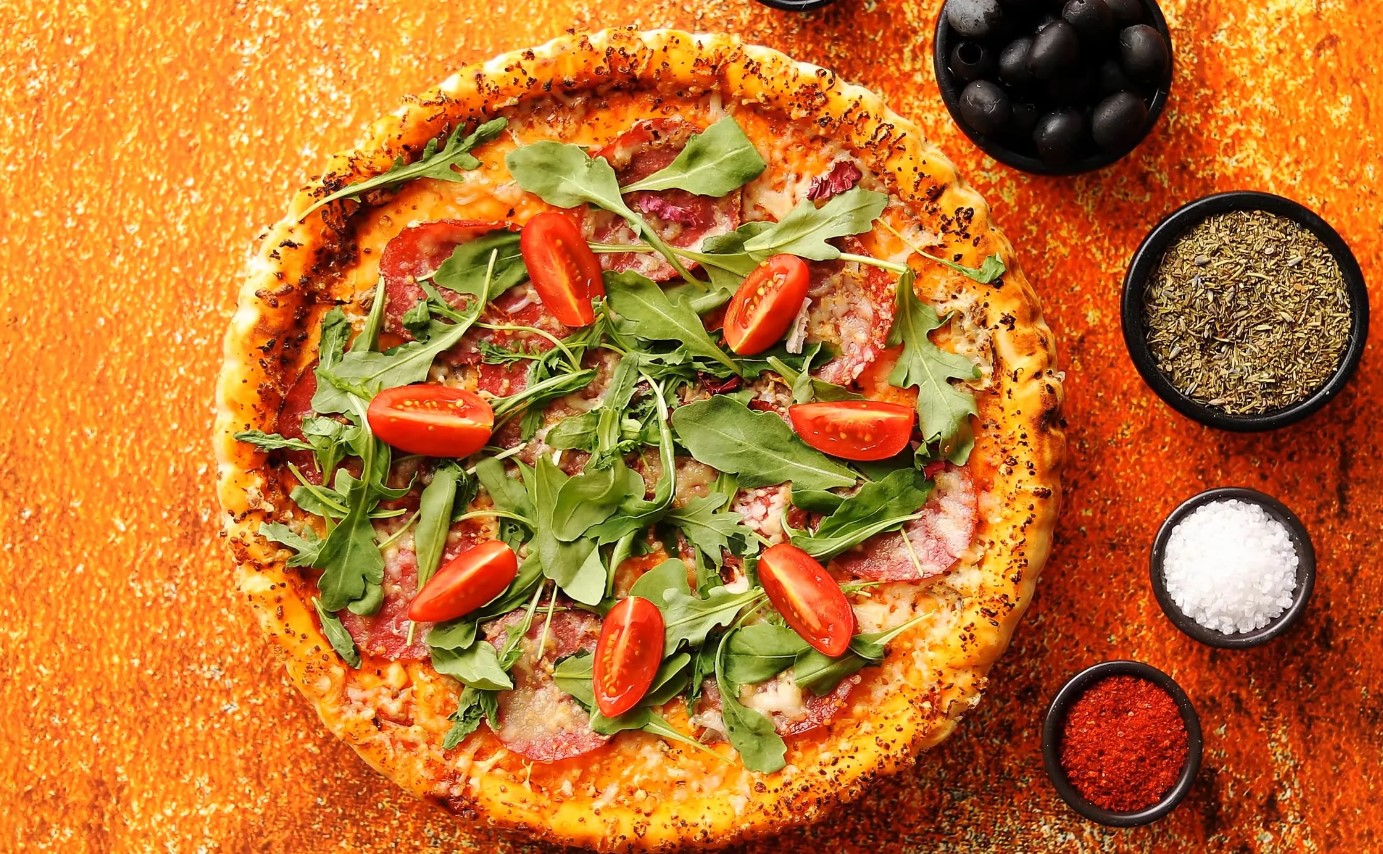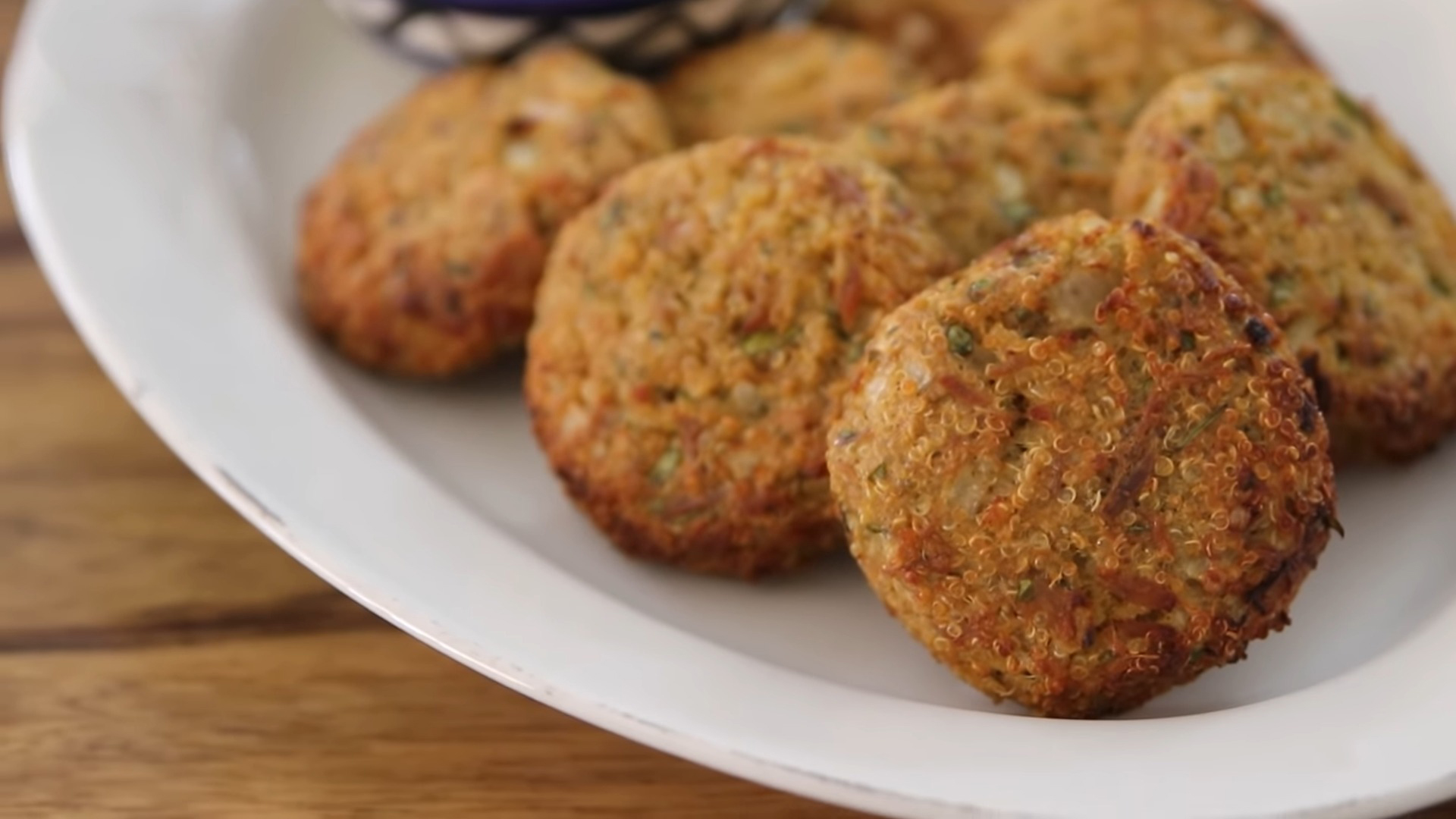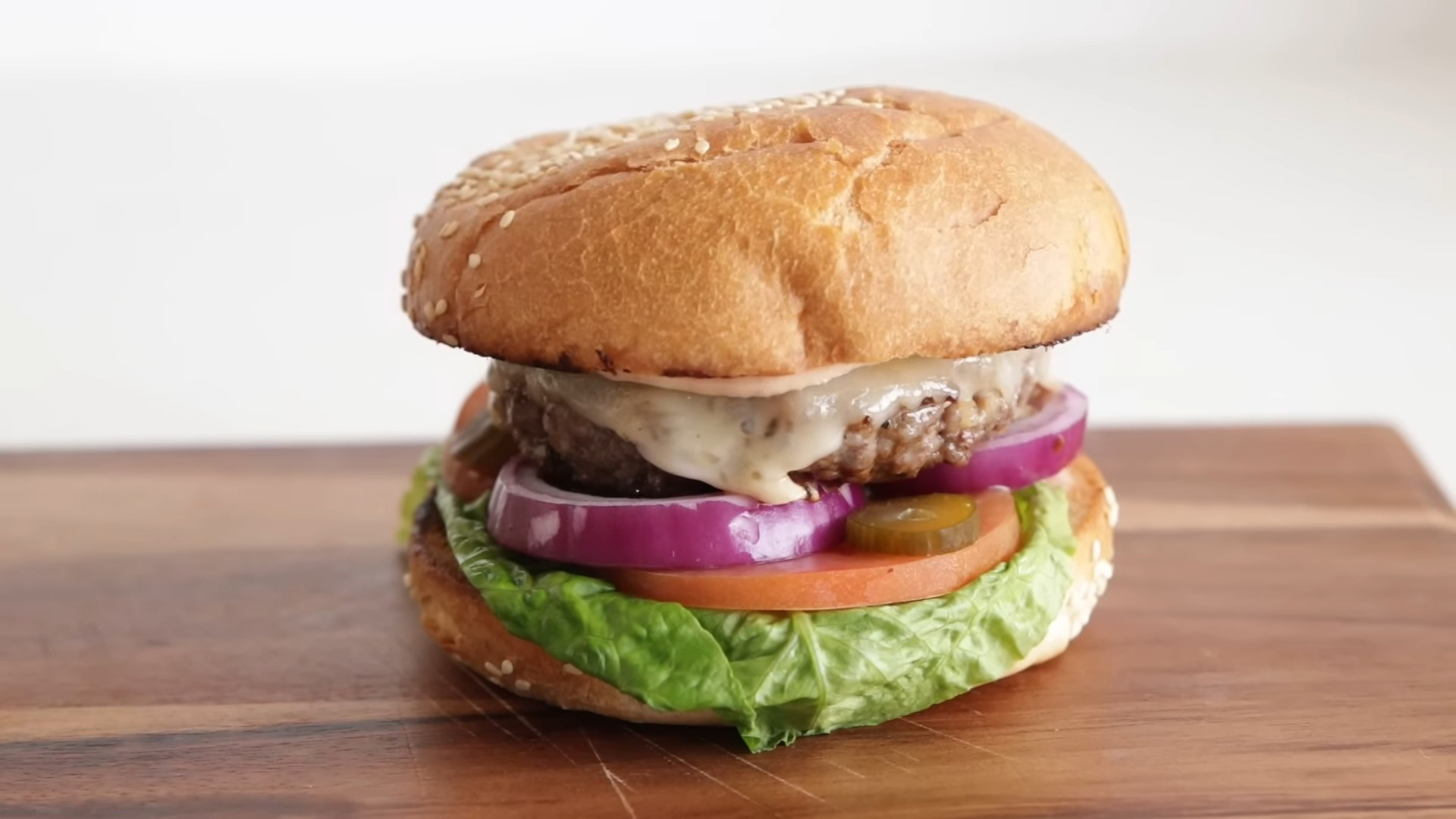Pregnancy is an experience filled with unique factors, and one of the most talked-about aspects is food cravings. Most women experience unusual cravings during pregnancy, from a sudden love for sweets to an irresistible urge for savory or spicy foods.
These cravings can start as early as the first trimester and often reflect the body’s changing nutritional needs and hormonal fluctuations. While cravings are a normal part of pregnancy, knowing precisely what are the commonest ones can help expectant mothers maintain a balanced diet.
Now, I’d like to provide you with my two cents on the most common pregnancy cravings:
- Sweet cravings
- Savory and high-calorie carbohydrates
- Protein-rich foods
- Dairy products
- Fruits and vegetables
- Fast food and spicy foods
Without further ado, let us begin.
1. Sweet Cravings
Sweet cravings, particularly for chocolate and candy, are a hallmark of pregnancy for many women. These cravings can be quite powerful, often leading expectant mothers to reach for sugary snacks more frequently than usual.
The charm of these treats lies in their immediate pleasure and comfort, providing a quick energy boost and a sense of satisfaction. It’s crucial to handle these cravings thoughtfully and with a focus on moderation.
Indulging in sweets occasionally is perfectly fine, but it’s important to be mindful of the frequency and quantity of sugary intake. Overeating or consistently choosing high-sugar, low-nutrient foods can have negative effects, such as excessive weight gain, increased risk of gestational diabetes, and dental problems.
Moreover, these foods often lead to a rapid spike in blood sugar levels followed by a swift drop, which can result in mood swings and energy crashes – something to be avoided during pregnancy. To manage sweet cravings more healthily, consider opting for alternatives that satisfy the craving while also contributing to your nutritional needs.
Fruit-based desserts are another excellent option. Fruits not only satisfy the sweet tooth but also provide essential vitamins, minerals, and fiber, which are beneficial for both the mother and the developing baby. For example, a fruit salad, a baked apple, or a banana with a drizzle of honey can be delightful treats.
Dark chocolate, for instance, is a great choice as it contains antioxidants and can be lower in sugar compared to milk chocolate. It also provides a sense of indulgence, which can make a small amount feel satisfying.
You can also explore recipes for desserts that use natural sweeteners like dates or maple syrup, or those that incorporate whole grains and nuts for added nutrients. Smoothies are another way to curb sweet cravings.
Blending a mix of fruits, yogurt, and a touch of honey or agave can create a delicious, nutritious snack. Adding a scoop of protein powder or a handful of spinach can boost the nutritional value even further.
2. Savory and High-Calorie Carbohydrates
During pregnancy, the body undergoes significant changes, including increased energy demands. This shift often leads to cravings for savory and high-calorie carbohydrates such as pizza and chips.
It’s important to approach these cravings thoughtfully to maintain a healthy pregnancy diet. Here are some ways to manage these cravings:
Instead of reaching for processed snacks, consider these options:
- Whole-grain pizza: Opt for a pizza with a whole-grain crust, topped with plenty of vegetables and lean protein like grilled chicken or turkey. This not only satisfies the craving but also provides more fiber and nutrients.
- Baked chips: If chips are what you crave, try baked versions instead of fried. Baked chips are lower in fat and calories. You can even make your own at home using sweet potatoes or kale for an extra nutrient boost.
It’s okay to indulge occasionally but be mindful of portion sizes. Eating smaller, more frequent meals can help manage cravings and prevent overeating.
When you do indulge in these high-calorie carbs, balance your meal with other food groups. Include a side salad, some steamed vegetables, or a piece of fruit to ensure you’re getting a variety of nutrients.
Homemade Versions
Preparing homemade versions of these foods allows you to control the ingredients and make healthier choices. For example:
- Homemade pizza: Use a whole-grain base, low-fat cheese, and plenty of veggies. You can even experiment with different toppings like spinach, bell peppers, or mushrooms.
- Healthy chips: Slice potatoes or sweet potatoes thinly, season them with herbs and a little olive oil, and bake them in the oven.
Sometimes, thirst can be mistaken for hunger or cravings. Ensure you’re drinking plenty of water throughout the day, which can also help in managing cravings.
3. Protein-Rich Foods
During pregnancy, the body’s need for protein and iron increases significantly, as these nutrients are vital for the baby’s growth and development.
This heightened need often manifests as cravings for protein-rich foods, particularly animal proteins like steak and chicken.
Here’s a closer look at how to manage these cravings healthily:
| Category | Details |
|---|---|
| Protein and Iron | – Protein: Crucial for fetal tissue growth, including the brain, and expansion of the uterus and breast tissue. – Iron: Essential for making hemoglobin, carrying oxygen to cells, and preventing anemia during pregnancy. |
| Animal Proteins | – General: Ensure all animal proteins are well-cooked. – Steak and Chicken: Cook until no pink meat remains and juices run clear. – Seafood: Choose low-mercury fish like salmon and trout; avoid raw or undercooked. |
| Plant-Based Protein | – Beans and Lentils: High in protein, fiber, iron, and folate. – Nuts and Seeds: Almonds, walnuts, chia seeds, and flaxseeds are nutritious for snacking and adding to dishes. – Tofu and Tempeh: Versatile soy-based proteins. |
Some of these foods are rich in Omega-3 fatty acids, which is particularly helpful during pregnancy
4. Dairy Products
Cravings for dairy products during pregnancy are quite common and can be attributed to the body’s increased need for calcium. This essential mineral plays a crucial role in developing the baby’s bones and teeth, as well as in muscle function and nerve signaling.
Dairy products like cheese, sour cream, ice cream, and milkshakes are often high on the list of cravings for many pregnant women. It’s important to navigate these cravings wisely due to their high-calorie and sugar content. The body’s demand for calcium goes up during pregnancy.
Dairy products are a primary source of calcium, which explains why these cravings occur. It’s important to meet these calcium needs for the health of both the mother and the developing baby.
- Healthy Dairy Choices:
- While indulging in high-calorie dairy products is tempting, there are healthier ways to satisfy these cravings:
- Choose low-fat or fat-free dairy options like skim milk, low-fat yogurt, and cottage cheese. These provide the needed calcium without the extra fat.
- Opt for natural cheeses over processed ones, as they are typically lower in additives and unhealthy fats.
- While indulging in high-calorie dairy products is tempting, there are healthier ways to satisfy these cravings:
- Plant-Based Alternatives:
- For those who are lactose intolerant, vegan, or simply looking for alternatives, there are several plant-based options rich in calcium:
- Calcium-fortified plant milks (almond, soy, oat, or rice milk) are excellent alternatives.
- Tofu, especially calcium-set tofu, is a good source of calcium and can be used in a variety of dishes.
- Leafy green vegetables like kale and broccoli also contain calcium and can be included in daily meals.
- For those who are lactose intolerant, vegan, or simply looking for alternatives, there are several plant-based options rich in calcium:
- Moderation with High-Sugar Dairy Products:
- Ice cream and milkshakes, while satisfying, are high in sugar and should be consumed in moderation. Consider these alternatives:
- Frozen yogurt or low-fat ice cream can be a lower-calorie substitute.
- Making homemade milkshakes with low-fat milk and fresh fruit can reduce sugar content and add nutritional value.
- Ice cream and milkshakes, while satisfying, are high in sugar and should be consumed in moderation. Consider these alternatives:
While addressing dairy cravings, it’s important to maintain a balanced diet. Ensure you’re also consuming adequate amounts of other nutrients like protein, fiber, vitamins, and minerals.
5. Fruits and Vegetables
Cravings for fruits and vegetables during pregnancy are not only common but also highly beneficial. These natural food sources are rich in essential vitamins, minerals, and other nutrients crucial for both maternal and fetal health.
- Nutritional Benefits:
- Fruits and vegetables are nutrient-dense, meaning they provide a high amount of nutrients with relatively few calories. This is particularly important in pregnancy when nutrient needs are increased.
- They are excellent sources of dietary fiber, which helps prevent constipation, a common issue in pregnancy.
- The variety of vitamins and minerals found in fruits and vegetables, such as Vitamin C, potassium, folate, and iron, play vital roles in fetal development and maternal health.
- Importance of Vitamin C:
- Citrus fruits like oranges, lemons, and grapefruits are renowned for their high Vitamin C content. Vitamin C is essential for the development of the baby’s bones and teeth and helps with the absorption of iron, reducing the risk of iron deficiency anemia in pregnant women.
- Vitamin C also strengthens the immune system, which is particularly important during pregnancy as the immune system changes.
- Diversity in Diet:
- Including a variety of fruits and vegetables ensures a broader range of nutrients. Each type of fruit and vegetable offers a different set of vitamins and minerals.
- Colorful fruits and vegetables, like berries, carrots, spinach, and bell peppers, are not only visually appealing but also indicate the presence of different beneficial phytonutrients.
6. Fast Food and Spicy Foods
Cravings for fast food and spicy dishes are a frequent occurrence during pregnancy. While it’s natural to indulge these cravings occasionally, it’s important to be mindful of their nutritional impact and how they affect your body.
Fast food, such as Chinese, Mexican, or falafel, is often high in calories, fats, and sodium while being low in essential nutrients. These characteristics can be counterproductive to maintaining a healthy pregnancy diet.
Regular consumption of fast food may lead to excessive weight gain and could increase the risk of gestational diabetes and hypertension. Consider preparing homemade versions of your favorite fast food dishes.
This way, you can control the ingredients, opt for healthier cooking methods (like baking instead of frying), and use fresh, nutrient-rich components. For example, a homemade falafel can be made with fresh chickpeas, and herbs, and baked instead of fried.
Many pregnant women find themselves enjoying spicy foods more than usual. This preference change can be attributed to hormonal fluctuations that alter taste perception. Spicy foods are generally safe during pregnancy, but it’s crucial to observe how your body responds.
Some women may experience heartburn or indigestion after consuming spicy foods, especially in the later stages of pregnancy. If you enjoy spicy foods, try to consume them in moderation. Pairing spicy dishes with cooling elements like yogurt or milk can help mitigate some of the gastrointestinal discomforts they may cause.
In many cultures, spicy foods are a staple in the diet and are considered beneficial during pregnancy. However, individual tolerance levels can vary greatly.
FAQs
Can I eat french fries while pregnant?
You can eat french fries while pregnant, but it’s best to consume them in moderation. French fries are high in fats and sodium, so opt for healthier cooking methods like baking or air-frying, and balance them with nutrient-rich foods.
Can I eat McDonald’s while pregnant?
You can eat McDonald’s while pregnant, but choose wisely. Opt for healthier options like salads, grilled chicken sandwiches, or fruit bags. Try to limit items high in calories, fats, and sugars.
Can I eat fried eggs while pregnant?
You can eat fried eggs while pregnant, but ensure they are thoroughly cooked until the yolks and whites are firm. This reduces the risk of salmonella poisoning, which can be harmful during pregnancy.
A Wrap-up
Pregnancy cravings are a normal part of the journey and can start early in the first trimester. While it’s okay to indulge occasionally, maintaining a healthy and balanced diet is crucial for a healthy pregnancy. Knowing the reasons behind cravings and finding healthy alternatives can help manage them effectively.
Remember, every pregnancy is unique, and cravings vary from one woman to another. If you experience unusual cravings for non-food items, it’s important to discuss this with your healthcare provider, as it may indicate a nutritional deficiency.




















